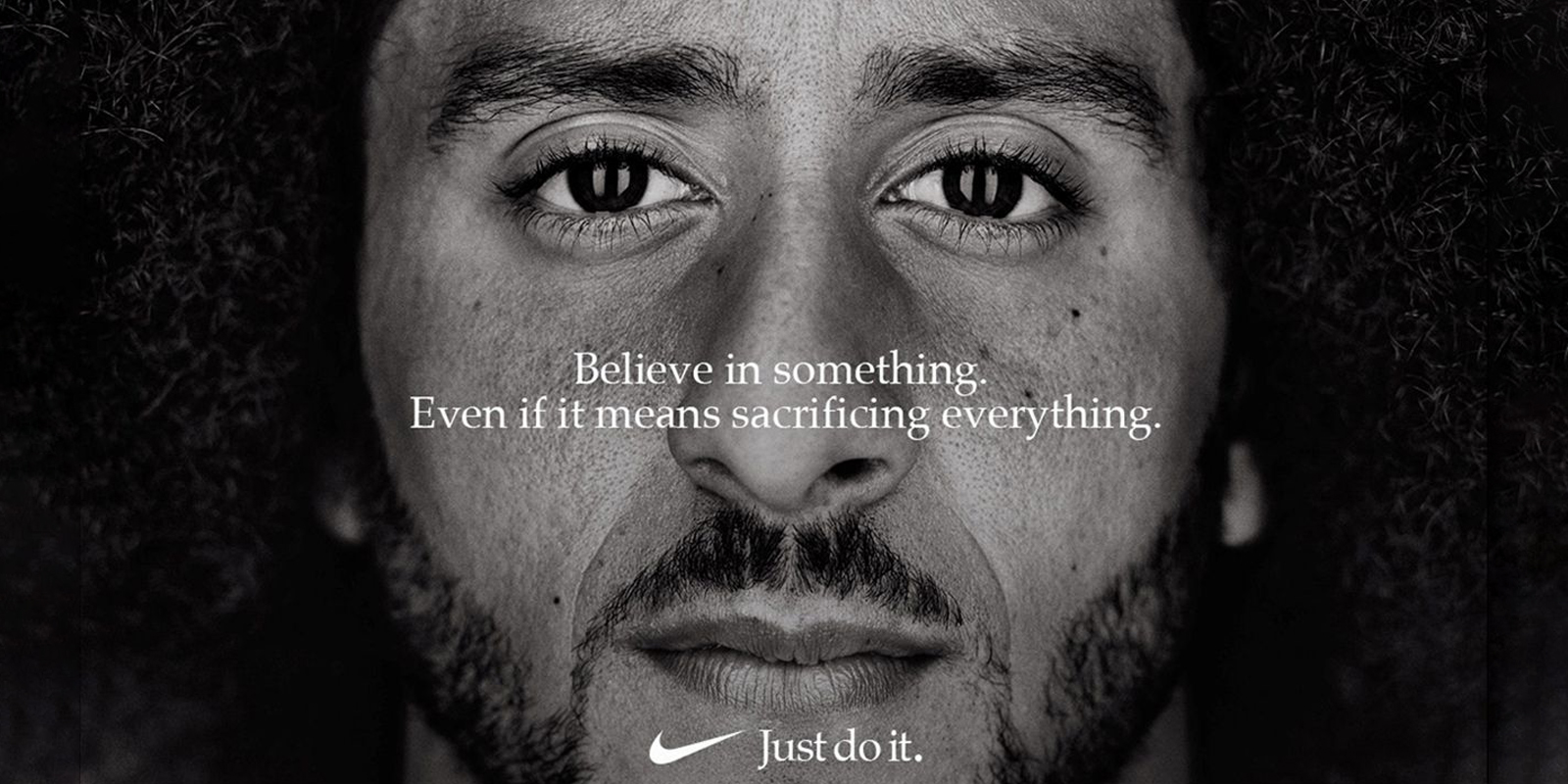Thinking + Insight
Failing to prepare is preparing to fail – the importance of brand strategy

We work with a lot of businesses to define their brand strategy. But for many, it’s still a confusing concept to understand. There are a myriad of different definitions and understandings of what a brand is let alone what a brand strategy is. Is brand a logo? Is it a corporate identity? Is it your product? Is it the sum of all of these things? In truth, the meaning of brand has evolved over time as we, as a society, have evolved too.
So firstly, let’s try to iron this out. Let’s set the record straight on what we think brand is and, as a result, what brand strategy is and how we approach it.
For us, brand is definitely not a logo, corporate identity or product. At one stage it most certainly was but today they’re just part of the puzzle. Brand is a person’s gut feeling about a product, service or organisation. It’s a feeling because people are emotional and irrational. We don’t know why we must have the latest iPhone or why we might prefer Nike to Under Armour, in most cases we just do. As such, brand is not what we say it is, it’s what the customer says it is.
What about strategy? That’s a little simpler to define. The Oxford English Dictionary defines a strategy as ‘a plan of action designed to achieve a long-term or overall aim’.
Combine them and we think brand strategy looks like this…
‘Brand strategy is a long-term plan to influence a person’s gut feeling about a product, service or organisation to achieve an overall aim.’
Decide the destination
The aim itself should be made up of two parts. An overarching ambition of what the business would like to achieve (essentially your brand purpose as a business beyond making money, your reason for being; your why) as well as more immediate, short-term goals that will help to achieve this ambition.
We find the short-term goals are generally centred around the challenges that a business is currently facing. They’re not always obvious and quite often not what the client initially thinks is the challenge. These challenges typically fall into one of these areas (although this list isn’t exhaustive):
- ‘There’s been a change in our target market’ – People change and what’s important to people shifts, as such a business’ offering no longer aligns with the market.
- ‘Our offering has evolved and it no longer makes sense to our brand’ – You may have added new features, introduced a new product line or offered a new service that doesn’t make sense to your original business.
- ‘We’re launching a new product’ – A new value proposition has unique challenges and must align with your audience’s needs and wants.
- ‘Our business has lost its relevance’ – Trends change, society develops, new competitors enter markets. These things happen but businesses and brands must adapt.
- ‘We’ve got a design problem’ – It’s common for clients to come to us because the current branding has functional problems which are holding the business back.
- ‘We’re joining forces with another company’ – Businesses merge all the time but making sure the newly formed entity remains authentic, relevant and different is the challenge!
- ‘We’ve got an image problem’ – As we said, brand is a person’s gut feeling about your business. If that feeling doesn’t work in your favour and create positive associations, you have an issue!
A brand strategy should help you as a business solve these challenges and in doing so, assist you in achieving your long-term ambition as an organisation.
Trust the process
But what does the process of creating a brand strategy look like? This is another area that makes the whole topic of brand strategy a minefield for businesses. A simple search online will throw up countless different frameworks, buzzwords and approaches.
In short, there isn’t a right or wrong answer. No two frameworks are the same, but we prefer to keep it simple. There are some key questions that your strategy should address:
- What do we do and how do we do it? The nuts and bolts of what you do and the features and benefits it offers
- Who are we for? Your target audience, their needs, wants and desires
- What makes us different? Your unique selling point that sets you apart
- What do we value the most? What principles define your products, services and behaviours?
- What’s our personality? How you act, talk, present yourselves
- What do we want our audience to feel? The associations and emotions we want them to feel about our brand
- Why are we here? Your core purpose beyond making money, how you’re progressing humanity
- What’s our ambition? The long term vision of success you’d like to achieve
You’ll find agencies and consultants dress the answers to these questions up in many different ways – purpose, mission, vision, essence – but at the heart of it, the answers to these questions form the basis of any good brand strategy.
Some questions are harder than others to answer and in some categories, it can be tricky to find meaningful differentiators (particularly those categories that have become commoditised). In those cases, quite often differences will come not from product features but from the personality and values of the brand – the way in which it communicates.
The other thing to be mindful of is that no two brands are the same and as such some areas of brand strategy will be more meaningful than others. Some brands have an ambitious, human purpose that makes sense for them, but it doesn’t need to be shoehorned into every brand. If it doesn’t feel right – it most likely isn’t.
The output of a successful brand strategy – beyond the answers to these questions – will likely be a distinctive core idea that captures what you’re all about and a brand story (long and short form) that adds the richness to help you stand out, attract and inspire your audiences. This can then be used as a basis to inform any brand identity, tone of voice, messaging and tactical campaign work.
If you nail this, everything will fall into place. The success of campaigns, product extensions and positioning strategies will not be based on opinions but instead on whether it aligns with the brand strategy and if they’re helping you achieve your short-term goals and long-term ambitions.
If you’d like to chat about brand strategy and how it can help your business work faster and smarter, get in touch.


